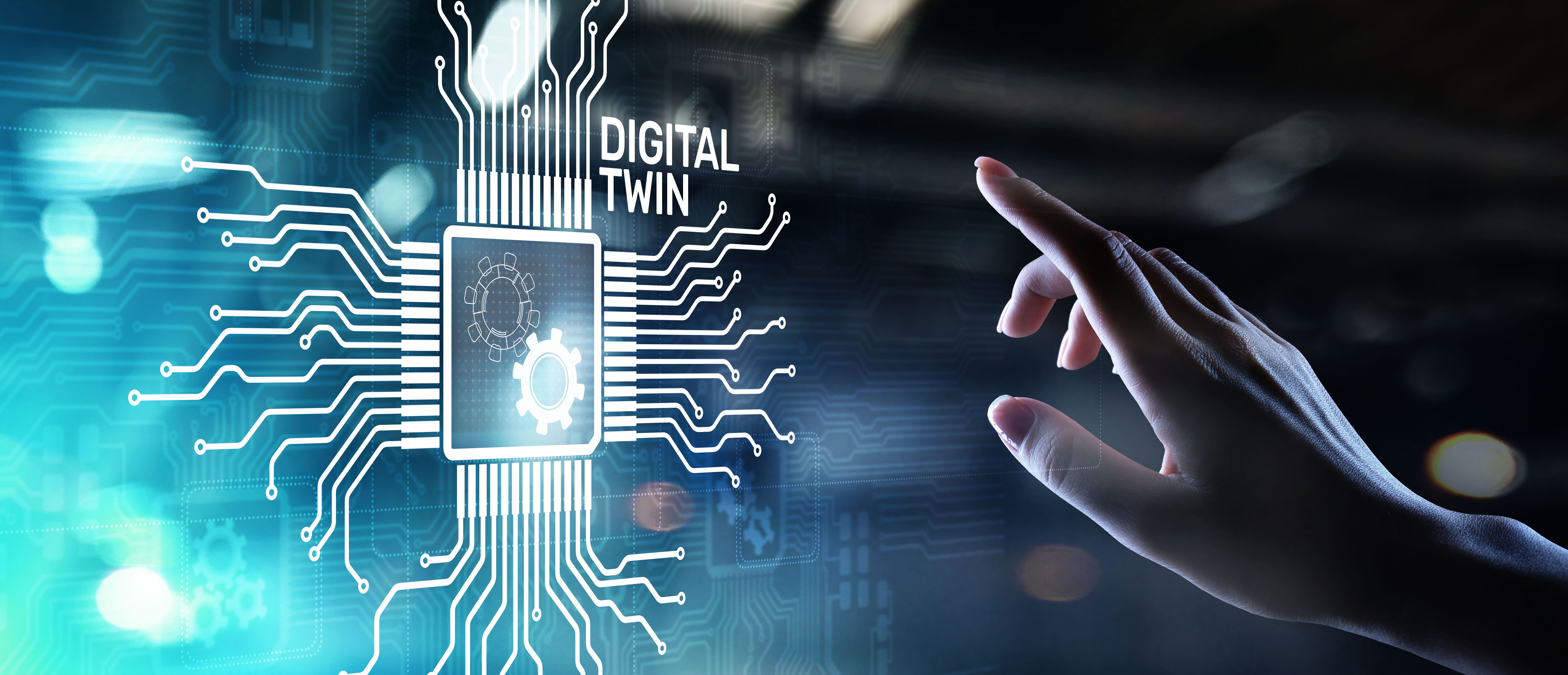

Digital Twins in Healthcare
A digital twin, being a virtual replica of a system, allows for a better understanding of this system, based on simulations of its behavior. In healthcare, personalized digital twins of organs such as the heart show great potential as diagnostic tools, to help surgical planning and device placement and to gain insights into the longitudinal evolution of diseases. Investigating the powerful synergy between data-driven approaches and physics-based organ models improves scalability and aids in personalization of these digital twins.
